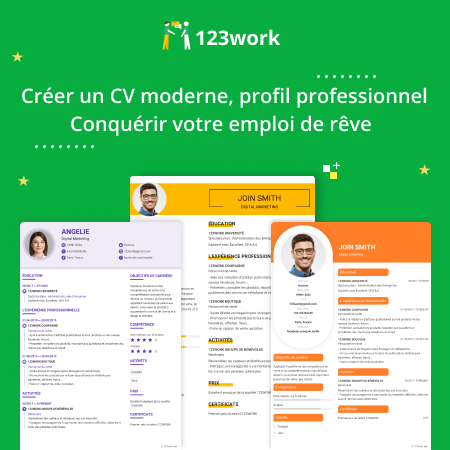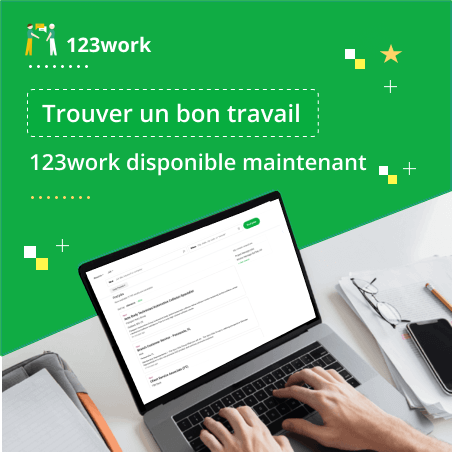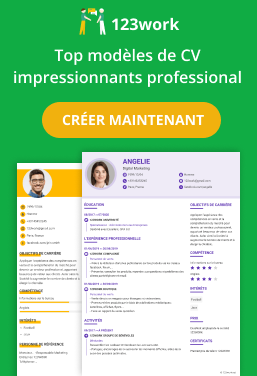Job description
This postdoc position will be part of the project RESOCIAL (“User vulnerabilities and Resilience on SOCIAL media platforms and the Metaverse: a sociolegal and design perspective”, an NWO-NWA Synergy Grant Project) which seeks to identify, measure, and thereby mitigate human vulnerabilities on Social Media platforms (including the Metaverse and immersive technologies), thereby fostering the resilience of their users. This is important because people increasingly live their social life online and experience new and/or amplified risks to their fundamental rights (e.g., manipulation, online violence, discrimination, stigmatisation). This project will contribute to solving these issues through an interdisciplinary, participative, multi-stakeholder approach, starting from four use cases of vulnerability (children, vulnerable consumers, vulnerable data subjects, victims of gender-based violence). The project aims to address these challenges by combining socio-legal and socio-technical investigations via three postdoc projects.
Vulnerability-sensitive design
In this postdoc project we address socio-technical challenges and investigate how we can mitigate vulnerabilities on Social Media and the Metaverse through a “vulnerability-sensitive design” approach. The aim is to identify and validate best practices that can lead to accounting for and mitigating human vulnerability throughout the design process of these technologies, together with the societal partners and by treasuring the lessons learnt of the special resilience of traditionally vulnerable groups. The research aims to employ and build on Value-Sensitive Design (VSD), a participatory design approach which allows to account for human values in a systematic way throughout the process of designing (digital) technologies. Through workshops with end-users and representatives as well as with Social Media companies, we plan to elicit values that are at stake in designing for vulnerability and identify possible value tensions. Based on this, we aim to investigate how to translate these abstract values to concrete design requirements and governance practices. The resulting design approach will be refined and validated through a pilot design focused on victims of gender-based violence. Through this you will contribute to realizing an online environment that is developed in a safe, value-sensitive and inclusive manner together with those who are most affected.
Results are expected to be disseminated through high-quality scientific publications, including those resulting from the multidisciplinary collaborations in the project, as well as in ways tailored to involved societal stakeholders. Involvement in teaching and supervision of student projects in connection with the project is expected to a limited extent.
Your profile
- You hold or will soon hold a PhD in human-computer interaction, design, STS, philosophy & ethics, computer science, or a related field;
- You have experience with user-centred design, co-design, Value-Sensitive Design, or other participatory approaches for development of (digital) technologies;
- You are a socially engaged and creative researcher with good conceptual, communication and organizational skills, and an interest in engaging in multidisciplinary collaborations;
- You have good proficiency in English in speaking and writing;
- Experience in doing research with vulnerable or marginalized groups is preferred.
Our offer
- You will be appointed for a period of maximum 2 years full-time within a very stimulating scientific environment. The university offers a dynamic ecosystem with enthusiastic colleagues;
- Your salary and associated conditions are in accordance with the collective labour agreement for Dutch universities (CAO-NU);
- Gross salary between € 3.877,- and €5.090,- per month depending on experience and qualifications;
- Excellent benefits including a holiday allowance of 8% of the gross annual salary, a year-end bonus of 8.3% and a solid pension scheme;
- The flexibility to work (partially) from home;
- Free access to sports facilities on campus;
- A minimum of 232 leave hours in case of full-time employment based on a formal workweek of 38 hours. A full-time employment in practice means 40 hours a week, therefore resulting in 96 extra leave hours on an annual basis;
- Excellent support for research and facilities for professional and personal development;
- We encourage a high degree of responsibility and independence, while collaborating with close colleagues, researchers and other university staff;
- We are also a family-friendly institution that offers parental leave (both paid and unpaid) and career support for partners.
Information and application
Are you interested in this position? Please send your application via the 'Apply now' button below before March 21st 2024 and include:
- A letter of application in which you explain both your motivation and the relevance of your skills and experience for the project. The motivational letter should be on-topic.
- A full Curriculum Vitae including your publications, projects, awards (if any), and working experience. Your CV should demonstrate the scope of your work and education and indicate a good fit with the stated requirements for the position.
- An academic transcript of BSc and MSc education, including grades.
- Your PhD thesis or the latest draft in English (or alternatively if your PhD thesis is not in English, a 5-page summary of your thesis in English).
- References (contact information) of two scientific staff members (one of whom should preferably be a supervisor of your PhD thesis) who are willing to be contacted by us.
Preferred starting date of position: between July 1st and September 1st, 2024.
For more information regarding this position, you are welcome to contact Dr. Birna van Riemsdijk, m.b.vanriemsdijk@utwente.nl.
About the department
This position is embedded in the Human Media Interaction (HMI) department at University of Twente. HMI is a multidisciplinary group in which computer science meets social science to investigate, design and evaluate novel forms of human-computer interaction. We are socially engaged researchers, with a particular interest and expertise in research with vulnerable and marginalized groups. The group has a very friendly, collaborative and welcoming atmosphere, centring wellbeing and work-life balance. HMI is closely connected with the [DesignLab]https://www.utwente.nl/en/designlab/), which offers a platform for researchers with design-based questions, who wish to cooperate and translate science through design to society on a transdisciplinary level.
About the organisation
The faculty of Electrical Engineering, Mathematics and Computer Science (EEMCS) uses mathematics, electronics and computer technology to contribute to the development of Information and Communication Technology (ICT). With ICT present in almost every device and product we use nowadays, we embrace our role as contributors to a broad range of societal activities and as pioneers of tomorrow's digital society. As part of a people-first tech university that aims to shape society, individuals and connections, our faculty works together intensively with industrial partners and researchers in the Netherlands and abroad, and conducts extensive research for external commissioning parties and funders. Our research has a high profile both in the Netherlands and internationally. It has been accommodated in three multidisciplinary UT research institutes: Mesa+ Institute, TechMed Centre and Digital Society Institute.


